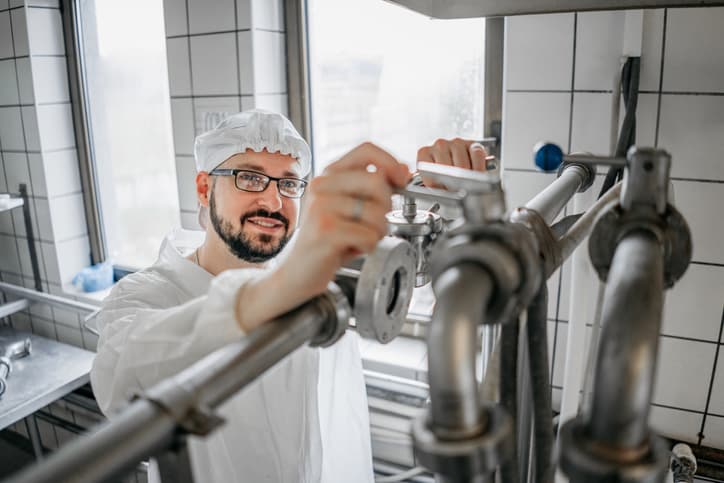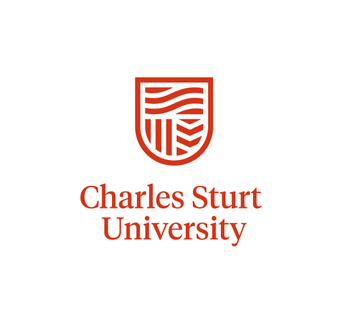ANZSCO ID 234514
Biotechnologists create and improve products and processes for agriculture, medicine and conservation using biological organisms. They study the genetic, chemical and physical attributes of cells, tissues and organisms, and identify industrial uses for them for example vaccines and waste management.
Tasks
- Designing and conducting experiments, making observations and measurements, researching information, analysing data, preparing or supervising the preparation of laboratory reports and scientific papers, presenting findings at scientific meetings and conferences, and supervising the work of staff
- Studying the forms and structures of bodily organs and tissues by systematic observation, dissection and microscopic examination
- Investigating the chemical structure and function of living cells and their isolated components, organs and tissues in humans, animals, plants, and micro-organisms
- Examining micro-organisms, such as bacteria, fungi, yeast and their enzymes, and using the knowledge gained to create and develop new, and improve existing, products, materials and processes
- Investigating the effects of environmental factors, such as rainfall, temperature, sunlight, soil, topography and disease, on plant growth
- Planning and undertaking experiments to study, measure and understand marine animals and plants
- Studying the growth and characteristics of micro-organisms, such as bacteria, algae and fungi, and the effects they have on plants, animals and humans to develop medical, veterinary, industrial, environmental and other practical applications
- Investigating the interrelationships between animals in their natural surroundings, in captivity and in laboratories
Study Pathways
Most occupations in this unit group have a level of skill commensurate with a bachelor degree or higher qualification. In some instances relevant experience and/or on-the-job training may be required in addition to the formal qualification (ANZSCO Skill Level 1)
- Bachelor of Science with majors in Life Science, Molecular Biology or Biotechnology
Soft Skills
- Problem solving
- Meticulous
- Innovative
- Active listening
- Time management
Career Pathways
- Senior Laboratory Manager
- Cell Geneticist
- Molecular Biologist
- Molecular Geneticist









